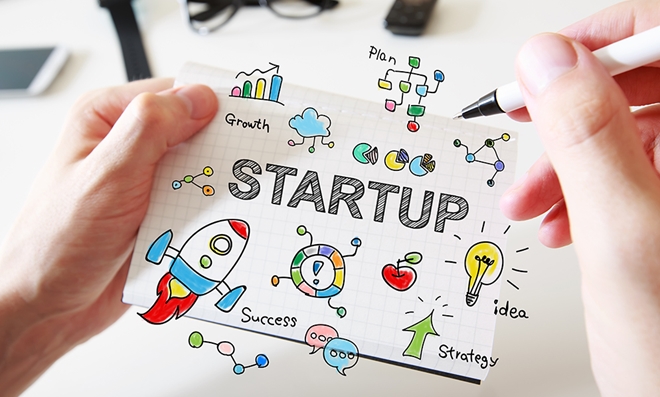Vietnam destined to become startup destination in APEC
- APEC discusses measures to boost MSMEs financial access
- APEC discusses development of Asia-Pacific Free Trade Area
- APEC officials discuss property rights protection in border
- Traffic police serving APEC Senior Officials’ Meetings 2017
Adrian Tan, Programme Director of the Vietnam Innovative Startup Accelerator (VIISA), said “The Vietnamese Government has been visionary in setting such an ambitious goal. It certainly has encouraged Vietnamese people to look to creating startups.”
 |
| Vietnam has set a target of having one million enterprises by 2020 towards becoming a destination for startup businesses in the Asia-Pacific Economic Cooperation (APEC) region. |
The country’s Ministry of Science and Technology has also been proactive in engaging the startup community and investors about how they can support startups, such as the “The Speedup” programme, he added.
To realise the aforesaid goal, Aslam Perwaiz, head of the Disaster Risk Management System under the Asian Disaster Preparedness Centre, suggested Vietnam should focus on its already competitive areas such as garment-textile and rice production as well as other fields which would give a lot of competitiveness.“I would rather recommend that Vietnam’s government should be investing a lot in information technology, digital transformation, and help small-and medium-sized enterprises access those things”, he said.
Vice President of the Vietnam Chamber of Commerce and Industry (VCCI) Vo Tan Thanh said Vietnam is evaluated as one of the most entrepreneurial countries in the world, adding that the country is actively promoting entrepreneurship nationwide and offering a number of new policies to support startups.
VCCI Secretary General Pham Thi Thu Hang said Vietnam is on its way to become a startup destination as it has a promising market and growing population.
With the spirit of “dare to think, dare to act”, Vietnamese youngsters are definitely capable of creating a startup community in the region despite external competitiveness, she said, referring to the significant role of policy makers in building a dynamic and innovative startup ecosystem.Established in 1989, APEC comprises 21 economies, including Australia, Brunei, Canada, Chile, China, Hong Kong (China), Indonesia, Japan, the Republic of Korea, Malaysia, Mexico, New Zealand, Papua New Guinea, Peru, the Philippines, Russia, Singapore, Chinese Taipei, Thailand, the US and Vietnam.

